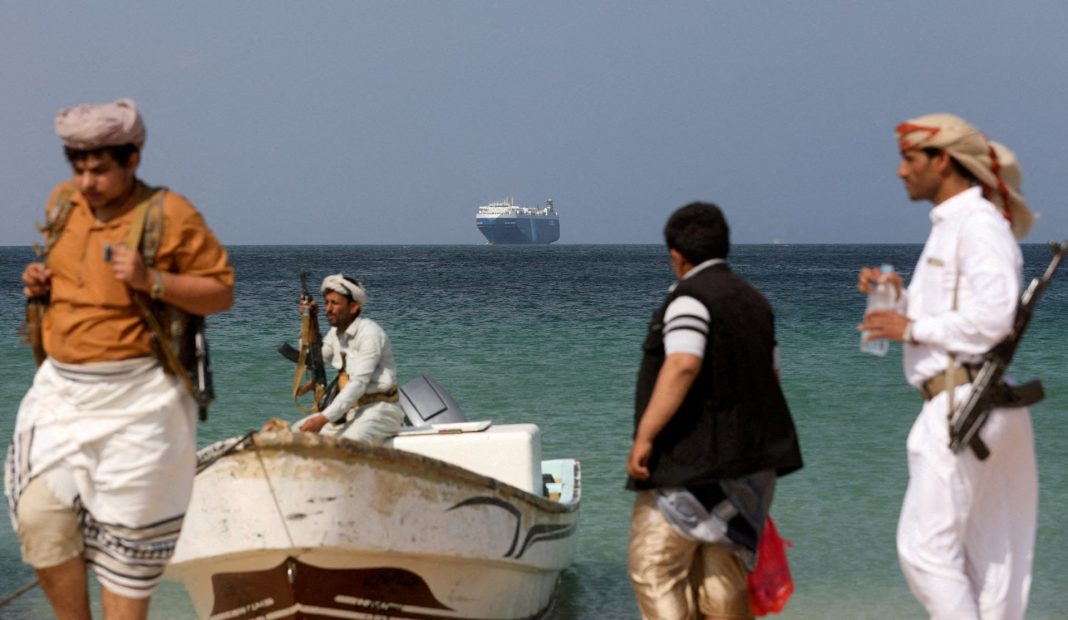In recent days, “intensive Egyptian security meetings have taken place with prominent leaders from the Ansar Allah group”, an anonymous Egyptian official told the news outlet, using the Houthi group’s official title.
Cairo reportedly criticised the 12 January US and UK-led strikes on Houthi targets in Yemen, as well as subsequent US raids, saying it believes the answer to ending the Houthi blockade in the Red Sea is not militaristic.
“It is better to push for a solution that accelerates the end of the main cause, which is the ongoing war in the Gaza Strip,” the Egyptian official told Al-Araby Al-Jadeed.
As part of Egypt’s efforts to calm international waters, Iran’s Foreign Minister Hossein Amir-Abdollahian is expected to visit Cairo in the coming days, the news outlet added.
The Houthis have carried out a string of drone and missile attacks on ships in the Red Sea region in recent months, following the outbreak of the war in Gaza. They have vowed to continue targeting any Israel-linked vessels until the blockade of the Palestinian enclave is lifted and the hostilities are stopped.
In response, the US has formed a military coalition against Yemeni forces in the Red Sea and endangered maritime navigation in the strategic waterway.
The increased risks faced by ships in the Red Sea have forced the world’s biggest freight firms to avoid the Suez Canal and sent insurance costs soaring. Instead of Suez – the quickest cargo route from Asia to Europe – many vessels are now diverting round the Cape of Good Hope, incurring higher expenses on fuel, maintenance and wages.
Container freight rates for key global trade routes have also surged after the US and UK launched airstrikes on targets in Yemen with the stated goal of protecting maritime commerce in the Red Sea and the Bab-el-Mandeb straits, the world’s busiest routes.
